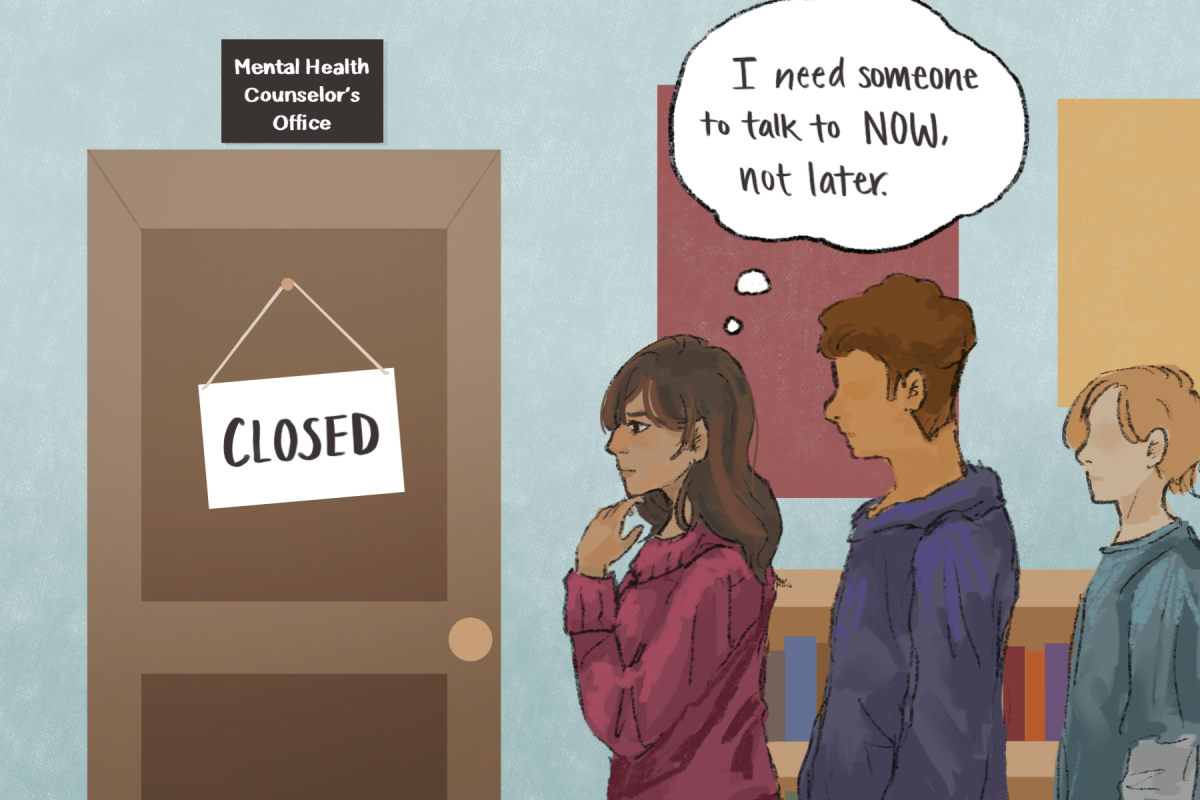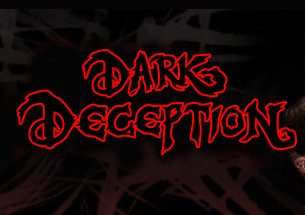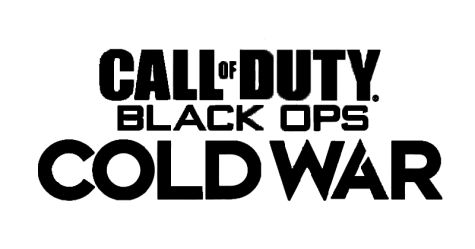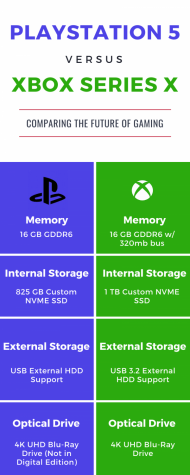Internet Service Providers are not fans of net neutrality
February 13, 2014
To be put simply, net neutrality is a long-standing idea that telecommunication and internet-providing services cannot control how one uses the internet.
The notion that the internet’s usage should be unregulated has been around since the beginning of the internet. However, major ISPs (Internet Service Providers) such as AT&T and Verizon have recently began to try to change this.
In Jan., Verizon challenged the Federal Communication Commision’s 2010 ruling that ISPs cannot “unreasonably discriminate in transmitting lawful network traffic” or “block lawful content, applications, services, or non-harmful devices.”
Whenever you do anything using the internet like making a call on skype, refreshing or loading a webpage or connecting to a game online, data is broken up and sent out over the internet in small bits of information called ‘packets.’
These packets travel through various nodes, or connection points, before finally reaching you or the intended party. As these packets travel through the internet, they are not going along a specific path depending on what kind of data is being sent. Each bit of data is seen as “neutral” as it passes through infrastructure. In the past, ISPs could not prioritize how data would travel.
Companies like AT&T and Verizon are changing how we use the internet into an ecosystem where companies could pay the ISP to boost speeds to connections to their websites by having data packets travel through their high-speed infrastructure while companies not affiliated with the ISP could be throttled or blocked completely if the ISP decided to.
ISPs could also create tiered levels of data plans where users would have to pay a higher free to access high-profile websites like Facebook, Tumblr or Twitter.
Net neutrality is more than just about fighting back against corporations trying to restrain your internet usage. ISPs should not be allowed to control the internet, a medium designed to be open and innovative.
In his “Wired” article from Nov. 4, author Marvin Anmori compares the proposed internet regulations to a common nickname for the internet, the information superhighway,
“Verizon went to court [against the FCC] to attack the part of the rule forbidding them from discriminating among websites and applications; from setting up — on what we once called the information superhighway — the equivalents of tollbooths, fast lanes, and dirt roads.”
















